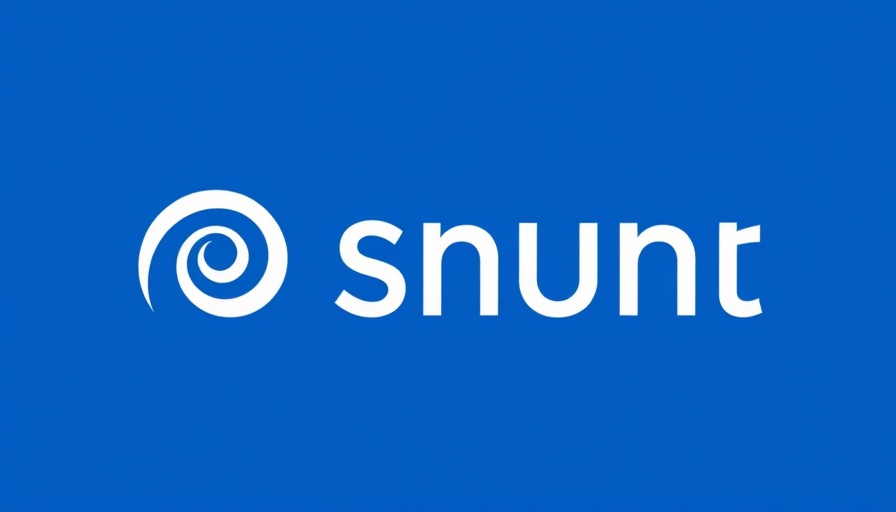
Unlocking Potential: The Rise of the Skills-Powered Organization
As organizations navigate an evolving landscape, the concept of a skills-powered organization is emerging as a crucial competitive advantage. Studies reveal that companies who embrace skills development report a remarkable 48% increase in employee engagement and a 19% improvement in financial performance. So, what does it take to unlock this potential?
Understanding the Skills Gap
Organizations often struggle with identifying the right skills among their workforce. Traditional methods mostly rely on self-reported data, which can be subjective and often inaccurate. This limitation can mask hidden talents and feed into the talent shortages many companies experience. As skills evolve at a faster rate than job titles, organizations must adapt by constantly assessing both current and future skill needs.
The Power of Recognition Data
Unlike traditional methods, recognition data offers a continuous, behavior-rich view into employee capabilities. This ongoing feedback loop can capture skills in action, providing insights that can help with workforce planning, talent mobility, and more. With recognition data, organizations can uncover hidden talents, aligning them with business needs and reducing reliance on external hiring.
Engagement and Growth: A Direct Link
Research shows that fostering a culture of continuous development significantly impacts employee engagement and retention, ultimately driving profitability and agility in the business. By empowering employees through effective recognition practices, organizations not only create a supportive environment but also enhance their own resilience in the market.
Actionable Insights for Modern Organizations
HR leaders and tech buyers should prioritize integrating performance recognition systems into their technology stacks. Utilizing advanced tools that can analyze recognition data will lead to smarter hiring practices, better career advancement opportunities for employees, and a clearer roadmap for future skill development. As organizations gear up for a tech-driven future, making informed investments in HR technology will be essential.
In conclusion, unlocking the skills-powered organization requires strategic recognition of employee capabilities through innovative technologies. As you consider your organization’s approach to talent development, recognize that the potential for growth lies in how well you understand and harness these skills.
 Add Row
Add Row  Add
Add 




Write A Comment